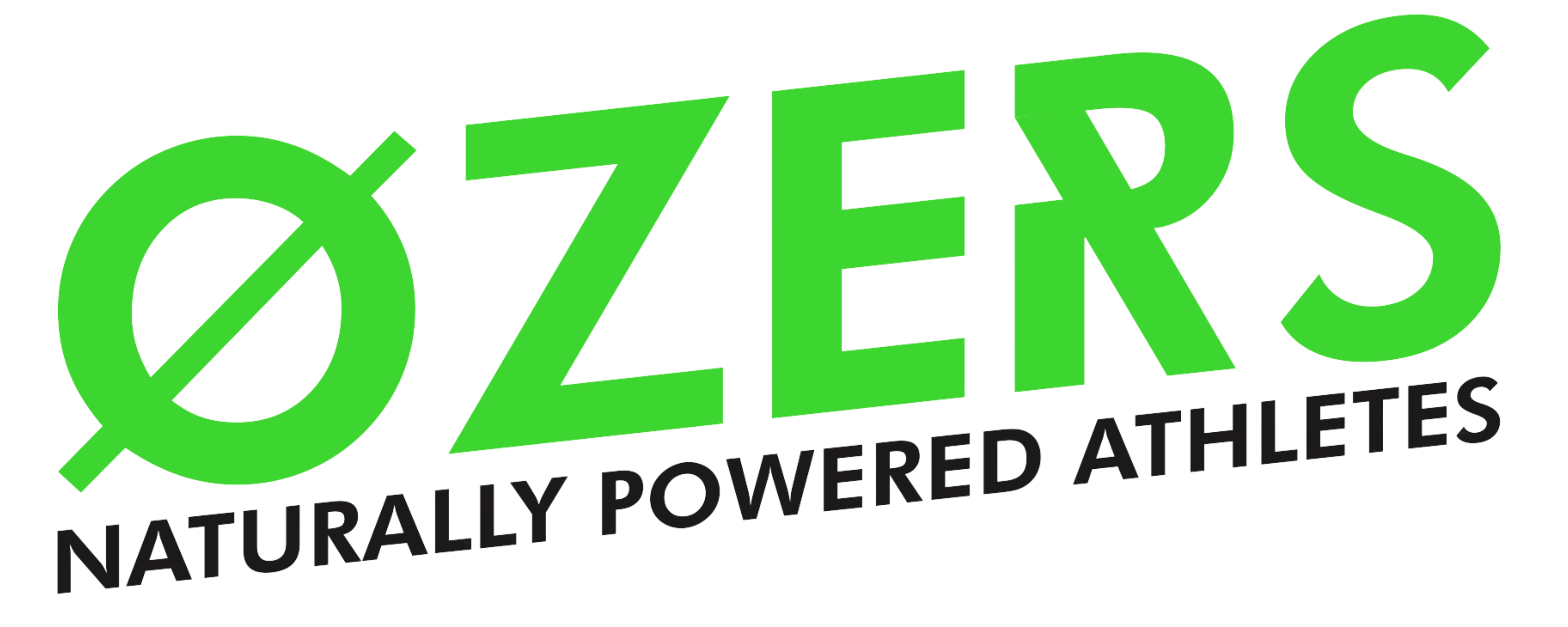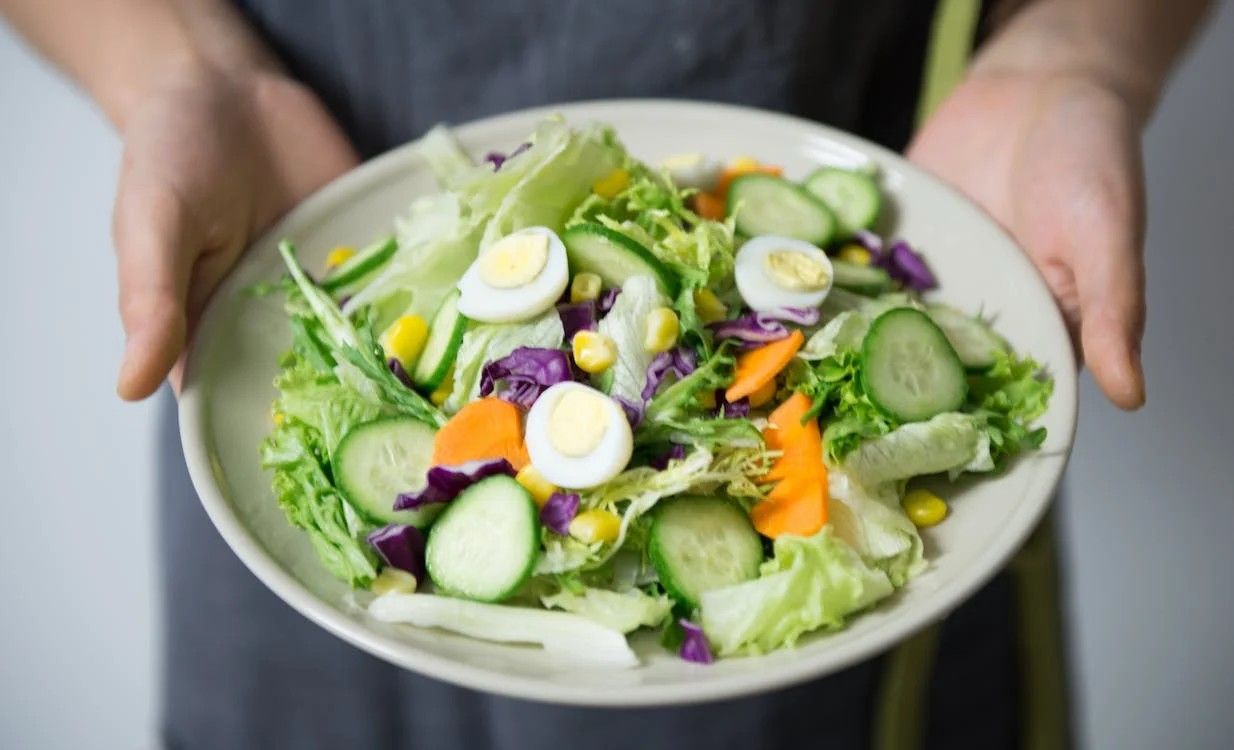CONTENTS
Sources of plant proteins
1. Legumes and dried vegetables
2. Nuts, seeds and oilseeds
3. Cereals
4. Algae
5. Fruits and vegetables
Why choose plant proteins over animal proteins?
1. Vegetable proteins are less acidifying than animal proteins
2. Plant proteins are better for cardiovascular health
3. Plant proteins are better for the environment
What are the 10 foods richest in plant proteins?
But actually, what is a protein?
How much protein to consume per day?
Conclusion: finding plant proteins in the plant-based diet
Sources of plant proteins
A protein is a macronutrient that makes up certain foods. Plant proteins are extracted from plants such as fruits and vegetables, legumes, etc.
They are opposed to animal proteins found in products of animal origin such as milk, eggs, meat, etc.
Proteins (vegetable or animal) are essential for athletes, because they promote muscle and bone growth. To repair muscle tissue, gain muscle and improve post-workout regeneration, it is essential to have a good protein intake .
But where can you find plant proteins and how to incorporate them into your diet ? Discover the list of vegan protein sources to increase the protein content of your plates.
1. Legumes and dried vegetables
Legumes are rich in plant proteins and have a low glycemic index (carbohydrates) as well as mineral salts and trace elements essential to ensure the proper functioning of the body.
Legumes are protein-rich foods that can easily replace meat and animal products. For a vegetarian or vegan athlete, they are an interesting alternative to the consumption of animal proteins.
Among legumes, you find foods like:
- lentils;
- soya;
- beans (red, white, black, green, etc.);
- chickpeas ;
- split peas;
- beans.
To activate digestive enzymes and promote their bioavailability and assimilation of their nutrients, it is recommended to soak legumes 12 hours before cooking them.
Certain products are more recommended for athletes. For example, lentils are rich in protein, but also in iron and mineral salt. They are therefore perfect for improving endurance and sports performance.
|
To help you : Note that a 100 gram serving of cooked lentils provides approximately 8.1 grams of plant protein. Beans are the legumes that contain the most vegetable proteins. Its richness in carbohydrates, fibers, proteins and vitamins make it a first choice ally in sports nutrition . |
2. Nuts, seeds and oilseeds
To make up for protein deficiencies, stock up on walnuts, almonds and other tree nuts . Oilseeds help meet your protein needs. They also contain mineral salts and trace elements such as potassium, iron, calcium and magnesium.
Here's where to find plant proteins in oilseeds:
- the almonds ;
- nuts (Brazil nuts, cashew nuts, etc.);
- nuts ;
- pistachios;
- the peanuts ;
- pine nuts;
- seeds (fenugreek, sunflower, flax, hemp, chia, squash, etc.).
The oilseeds with the highest protein levels are pumpkin seeds, flaxseeds, almonds and cashews.
3. Cereals
Cereals are a significant source of plant protein. They contain all the essential amino acids to maintain and promote muscle building.
Certain essential amino acids such as glycine promote the synthesis of collagen , essential for building muscle mass, recovering better after exercise, softening ligaments and joints and reducing muscle aches and fatigue.
Here is the list of cereals rich in plant proteins that you can integrate into your eating habits:
- potato (including sweet potato);
- rice (preferably whole grain to maintain a low glycemic index);
- buckwheat;
- quinoa (best source of plant-based cereal proteins);
- oats;
- whole wheat pasta (to avoid the glycemic peak);
- bulgur.
Whole grains are a better source of complex carbohydrates that provide energy to the body. Complex sugars become glucose which digests more slowly than simple carbohydrates (fast sugars found in refined cereals, such as classic wheat pasta).
Consuming whole grains provides a sustainable source of energy that keeps you in shape for longer. This also helps regulate blood sugar levels and reduce fatigue and hypoglycemia attacks.

4. Algae
Put it this way, algae doesn't really make you want it... And yet, some of them provide an excellent supply of plant proteins . This is the case for spirulina , which is one of the largest sources of protein among plants.
There are several varieties of algae that live in fresh water or salt water. Their protein contents vary depending on their production method and their color. Red algae contain more protein than green algae. On the other hand, these would be richer in proteins than brown algae.
Here are examples of seaweed to eat to get high protein :
- spirulina (the champion of vegetarian proteins);
- chlorella;
- nori.
In addition to being an excellent source of protein, seaweed provides other essential macronutrients such as calcium, vitamins (A, B1, B2, B3, B6, B9, B12 like red meat, D, E, C, etc.). ), fiber, magnesium, etc.
|
How to consume seaweed? Algae is consumed in its natural form, but also in the form of food supplements. For example, OZERS post-workout shakes contain spirulina and chlorella to improve your protein levels. This is a powder that you can mix into your dishes, sports and vegetable drinks, etc. |
5. Fruits and vegetables
Fruits and vegetables remain a rich source of plant-based proteins. You can easily incorporate them into your diet, they offer high nutritional value and provide you with all the nutrients your body needs to stay healthy.
Here are the fruits and vegetables to consume plant-based proteins:
- the lawyer;
- the banana ;
- broccoli ;
- watercress ;
- salsify;
- the artichoke;
- passion fruit;
- the grenade ;
- currant ;
- apricot;
- the melon ;
- Brussels sprouts.
Fruits and vegetables are a good way to regenerate collagen . Certain nutrients such as vitamin C improve the synthesis of this essential protein for sports recovery and muscle mass gain.
In other words, by consuming more fruits and vegetables, you improve collagen renewal . For example, vitamin E in nuts prevents the loss of collagen in your connective tissues (tendons, cartilage, bones, blood vessels, muscles, skin, etc.).

Why choose plant proteins over animal proteins?
Plant proteins are essential if you adopt a meat-free, vegan or vegetarian diet . They meet your nutritional needs and improve your sports practice.
It is possible to combine plant protein sources with animal protein sources. Your sports diet should always be balanced and healthy. If you stop consuming dairy products or animal proteins, you must counterbalance this lack with more vegetable proteins.
1. Vegetable proteins are less acidifying than animal proteins
Plant proteins promote acid-base balance and prevent certain bone diseases such as osteoporosis. It is known that meat, especially beef, acidifies the body and can cause certain diseases.
In athletes, too much acidity can cause serious illnesses, intense fatigue, aches and muscle cramps.
2. Plant proteins are better for cardiovascular health
Sulfur-containing amino acids (SAAs) and saturated fats in meat degrade cardiovascular health. Animal products are high in fat, which increases cholesterol levels and can clog the arteries.
Vegetable proteins have the advantage of being much less fatty . They are therefore better for the health of the cardiovascular system.
3. Plant proteins are better for the environment
At a time of ecological crisis, one of the solutions to rising temperatures is to reduce meat consumption . It's time to replace your steak with cereals, legumes or even a portion of protein-rich vegetables!
Plant proteins have a significantly less negative impact on the environment. A vegetarian, vegan or vegan diet is better for the environment and, on a scale, helps to fight global warming.
Click here to learn more about the benefits of plant-based proteins over milk proteins!
What are the 10 foods richest in plant proteins?
Here is the list of 10 foods with the highest plant protein content:
- spirulina;
- soya;
- hemp seeds;
- pumpkin seeds;
- beans ;
- Fenugreek ;
- the almonds ;
- tempeh;
- nuts ;
- chickpeas.
OZERS vegetable powders are rich in spirulina, chlorella, calcium glycine and vitamin C, a cocktail of proteins, vitamins and minerals to regenerate muscle fiber and cartilage more quickly, avoid injuries and improve electrolyte balance and balance. recovery.

But actually, what is a protein?
Protein is a macronutrient like carbohydrates and lipids. It is made up of amino acids which are essential elements for the proper functioning of the body.
Proteins play a role in the growth and maintenance of cells and tissues . They provide so-called essential amino acids , because the body cannot produce them alone. These are provided by food.
We distinguish between plant proteins and animal proteins. You can mix the two types of proteins or choose just one. The goal is to ensure good protein intake to stay healthy.
How much protein to consume per day?The amount of protein to consume per day depends on your age, weight, physical activity and metabolism. The European Food Safety Authority recommends that adults eat 0.83 grams of protein per kg of body weight . In other words, if you weigh 75 kg, the ideal protein intake is 62 grams per day. Note that the more intense sporting activity you practice, the more you work on bodybuilding, and the more protein foods you need to consume. |
Conclusion: finding plant proteins in the plant-based diet
There are many sources of plant-based protein. You can consume vegan proteins by consuming legumes, seaweed, fruits and vegetables, nuts, oilseeds and grains.
It is entirely possible to exercise while consuming only plant-based proteins. The most important thing is to meet your nutritional needs for protein.
So, whether you are vegan, vegetarian or vegan, you can absolutely exercise intensely without eating animal proteins.
You now know where to find plant proteins : all that remains is to add them to your three daily meals.
Discover OZERS post-workouts to improve your practice and your recovery after training.




